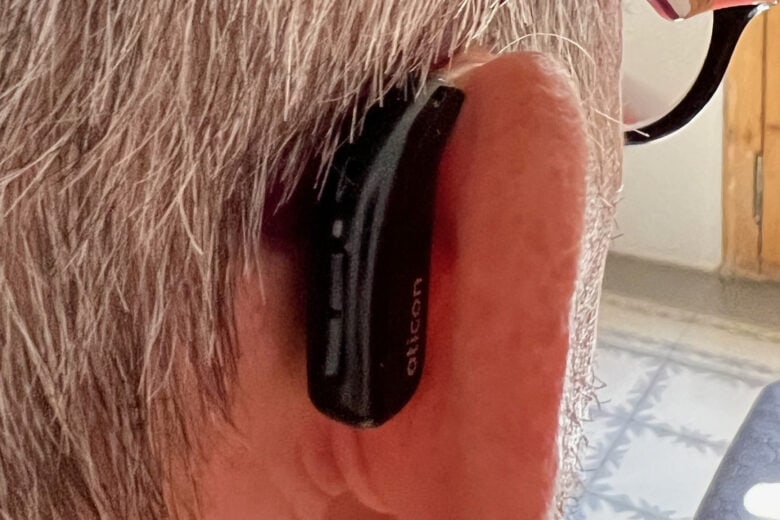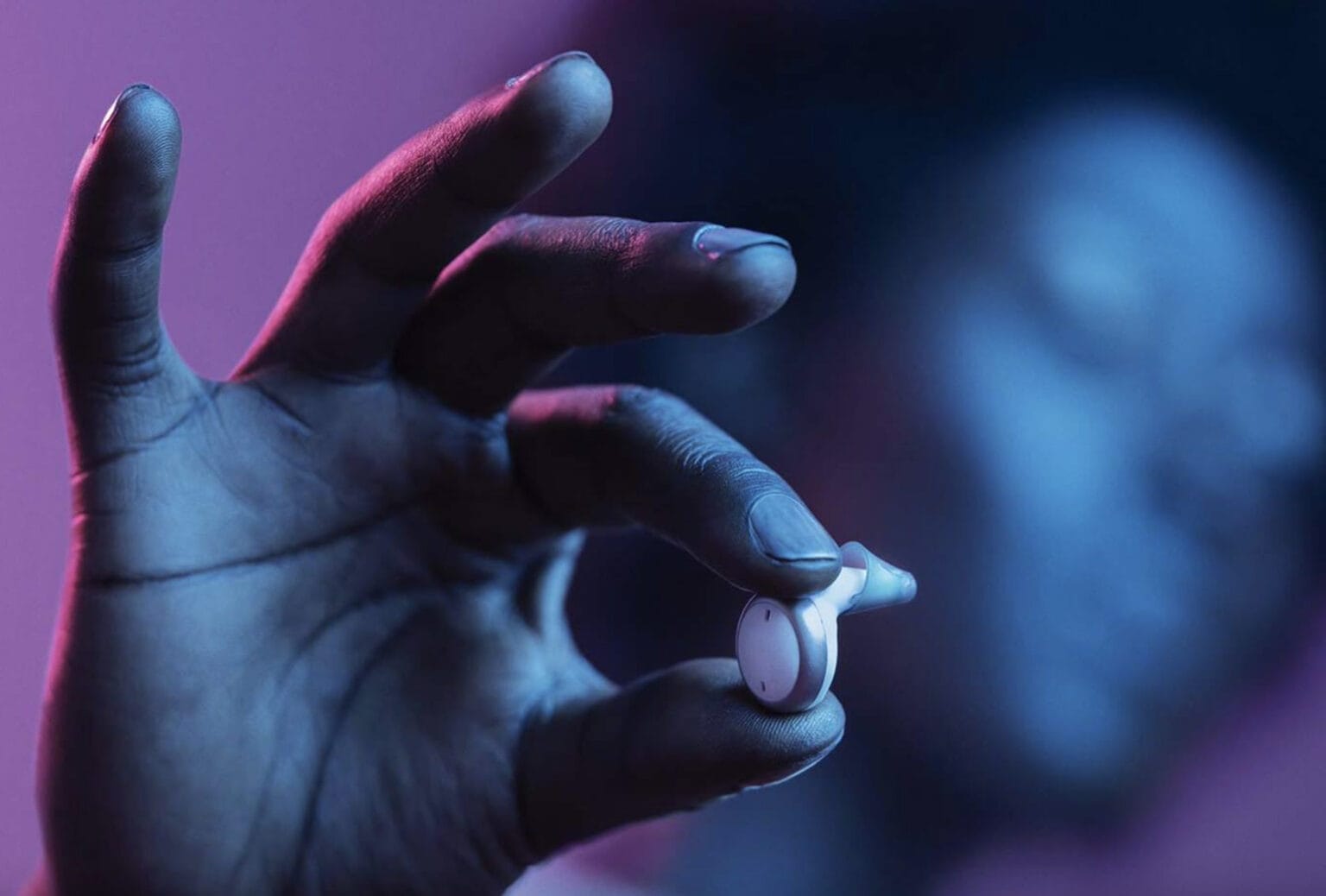Apple’s next big thing might not be a car or an AR headset. Thanks to a rule change announced this week by the Food and Drug Administration, Cupertino could soon add hearing aids to its product lineup. The potential market is huge, and Apple stands uniquely positioned to disrupt the status quo.
The new rules allow companies like Apple to sell hearing aids over the counter and online, so buyers can set them up in the comfort of their own homes. Previously, if you wanted to buy hearing aids, your only option was to make an appointment for a hearing test and fitting at a specialist store.
This small change looks set to have a big impact. FDA Commissioner Dr. Robert Califf told CNN he expects the ruling “will unleash the power of American industry to improve the technology.” And there’s one company in particular that has all the know-how to do just that — Apple.
The hearing aid industry vs. the FDA
Tuesday’s FDA announcement has been a long time coming. It’s the result of a bipartisan bill passed by Congress way back in 2017. The Over-the-Counter Hearing Aid Act gave the FDA three years to develop new rules covering hearing aids for mild to moderate hearing loss.
A little late, the FDA finally published the proposed rule change last year and invited public comment. But 40% of the responses the agency received were “astroturfing,” according to the senators who drafted the bill.
Astroturfing is fake lobbying from big business that’s designed to look like a grassroots movement. The senators claimed the “Big Five” hearing aid manufacturers, who control 90% of the market, were attempting to “sway regulators to adopt changes that would benefit the dominant hearing aid manufacturers, reduce competition, and increase costs for consumers.”
Fortunately, the FDA went ahead with the change anyway, clearing the way for companies like Apple to sell hearing aids in their stores.
Why would Apple want to make hearing aids?
Apple is very focused on health right now. So it’s not such a stretch to imagine Apple-branded hearing aids. But isn’t it a little niche for a company used to smash-hit products like iPhone? Maybe not.
According to the National Institutes of Health, 28.8 million U.S. adults could benefit from hearing aids. The World Health Organization reports more than 1.5 billion people live with hearing loss worldwide. And those figures will only increase as the population gets older. So the potential market is huge.
The trouble is, right now only 16% of Americans aged 20-69 who could benefit from hearing aids actually use them. To become Apple’s next smash-hit product, Cupertino would need to convince a lot more people to give hearing aids a try.
Why don’t more people use hearing aids?

Photo: Graham Bower/Cult of Mac
People with severe hearing loss (like me) don’t have a choice about using hearing aids. But if your hearing loss is mild or moderate, you can probably get by without them. I wish I could, too, because hearing aids suck. There have three big problems:
- They don’t work well: In noisy environments, hearing aids amplify everything, making it hard to pick out the voice of the person you’re talking to. And their connections to smartphones prove unreliable.
- There’s a stigma: Hearing loss is associated with getting older, and hearing aids look so damn ugly.
- They’re expensive: A pair can set you back $5,000!
How Apple could reinvent hearing aids
If you want to sell hearing aids to the 84% of Americans who could benefit from them but choose not to, you’ve got to address those three issues. And Apple is uniquely placed to do just that.
Let’s take each in turn.
- Better technology: Deep neural networks are a key technology for the next generation of hearing aids, enabling voices to be isolated from background noise. Apple is already a leader in this area with its Neural Engine, and AirPods Pro already offer Conversation Boost, a feature that picks out the voice of the person in front of you.
- Better design: Wearing glasses doesn’t have the same kind of stigma as wearing hearing aids — because they look cool. The only hearing aids I’ve found that actually look good are Signia Active Pros. With their minimalist white plastic design, they give us a hint of what Apple hearing aids might look like.
- Lower price: Apple products are notoriously expensive. But even Cupertino would blush at selling a product that’s not much more than a fancy pair of AirPods Pro for $5,000. Apple could massively undercut the competition and still enjoy a hefty margin.
Apple kinda sorta already sells hearing aids
If none of the above convinces you that Apple should sell hearing aids, then consider this: The company already does. Sorta.
In iOS 15, a feature called Headphone Accommodations allows you to import your audiogram (hearing test results). Your AirPods Pro are then customized to your individual hearing needs. This, combined with Conversation Boost, turns AirPods Pro into rudimentary hearing aids when you use Transparency Mode.
In testing, I was able to use AirPods Pro for conversations that would have been impossible for me without hearing aids. I won’t be throwing away my regular hearing aids just yet, because there are still some limitations. In particular, AirPods Pro don’t support different hearing loss levels in each ear. But it shows just how close Apple is to making full-fledged hearing aids.
Now that the FDA has cleared the way, it’s time for Apple to finish the job.


